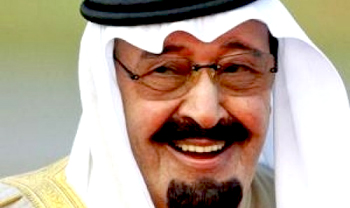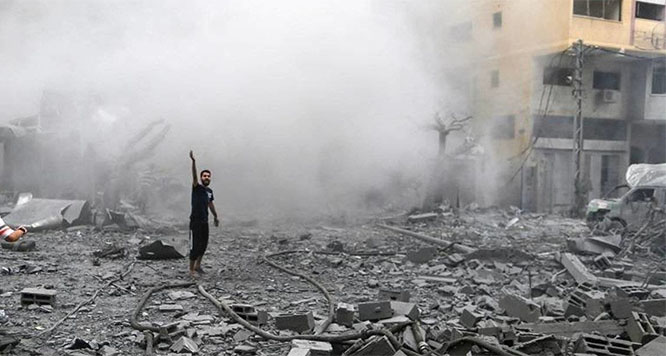
In a media statement, Forbes Magazine-Middle East said that King Abdullah was chosen several times over the years as one of the most influential people in the world because of his decisive decisions and contribution to global peace and security.
Forbes ranked Russian President Vladimir Putin as its most powerful person, followed by US President Barack Obama in second and Chinese President Xi Jinping third.
King Abdullah ascended the throne on Aug. 1, 2005, following the death of King Fahd. During his reign, King Abdullah has been responsible for significant social, economic, cultural and political reforms. This includes empowering women politically, granting foreign scholarships to thousands of students, building economic cities and constructing specialized hospitals.
Forbes magazine listed 17 outstanding heads of state, and 39 chief executive officers of companies that have generated SR13.5 trillion in annual revenues.
Pope Francis is fourth, German Chancellor Angela Merkel fifth, Billionaire Bill Gates sixth, European Central Bank President Mario Draghi seventh, Google founders Sergey Brin and Larry Page in eighth and ninth, and UK Prime Minister David Cameron 10th.
Newly elected Indian Prime Minister Narendra Modi has been ranked 15th. Indian businessman Mukesh Ambani came in at 36th, and President of the UAE and Ruler of Abu Dhabi Khalifa bin Zayed Al-Nahyan at 37th place.






Comments
Add new comment